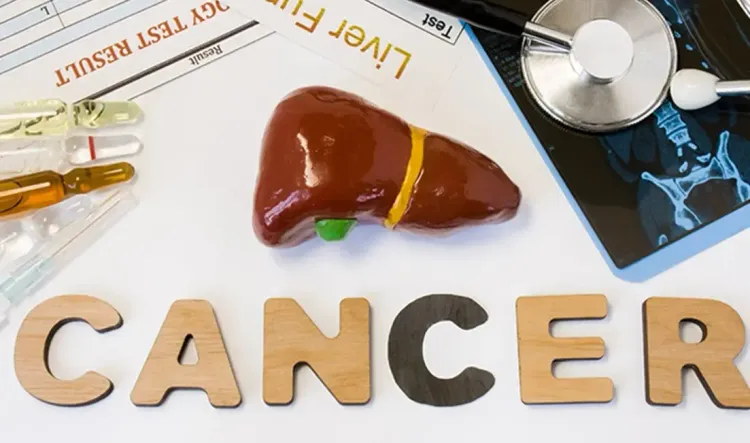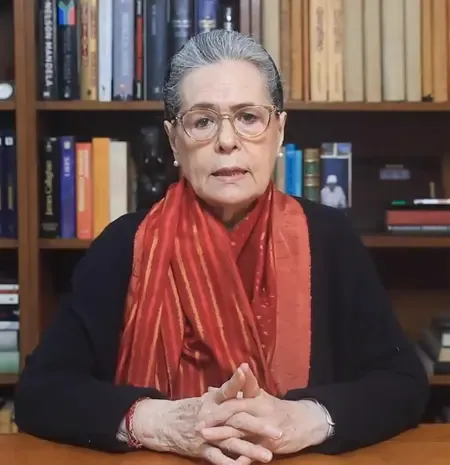Vegetable Consumption Linked to 65% Decrease in Liver Cancer Risk: New Study

Synopsis
Key Takeaways
- 65% reduction in liver cancer risk with vegetable intake.
- Study focused on cirrhosis patients.
- 42.5% had inadequate fruit and vegetable consumption.
- More than 240 grams of vegetables daily recommended.
- No link found between fruit consumption and liver cancer.
New Delhi, Feb 17 (NationPress) Consuming vegetables may lower the risk of liver cancer by 65 percent, as suggested by a recent study. The research, spearheaded by experts at INSERM, the French National Institute of Health and Medical Research, examined individuals diagnosed with cirrhosis -- a condition characterized by liver scarring (fibrosis) resulting from prolonged liver damage.
The team evaluated the impacts of vegetable and fruit intake among these patients. Out of 179 individuals studied, 20 were found to have hepatocellular carcinoma (liver cancer).
It was revealed that 42.5 percent of cirrhotic patients had inadequate consumption of fruits and/or vegetables.
According to the researchers, “A 65 percent decrease in the occurrence of liver cancer (hepatocellular carcinoma) was noted in cirrhotic patients who consumed over 240 grams of vegetables daily.”
However, no link was discovered between fruit consumption and hepatocellular carcinoma. The team remarked that the relationship between fruit and vegetable intake and the likelihood of HCC is insufficiently documented among cirrhotic patients. They emphasized that “such knowledge is vital for tailoring HCC prevention messages,” as stated in their publication in the journal JHEP Reports.
Liver cancer ranks as the sixth most common cancer globally, predominantly represented by HCC, which constitutes about 85-90 percent of cases. HCC arises when a tumor develops on the liver and frequently affects individuals with chronic liver disease, particularly those with cirrhosis or fibrosis caused by long-term liver injury and inflammation.
The primary causes of chronic liver disease include alcohol consumption and viral hepatitis, along with factors such as obesity and the intake of foods tainted with aflatoxins (toxins produced by molds).
The researchers advocated for more extensive studies to “evaluate the advantages of fruit in relation to the risk of HCC” and to substantiate the promotion of fruit and vegetable intake among liver cirrhosis patients.










